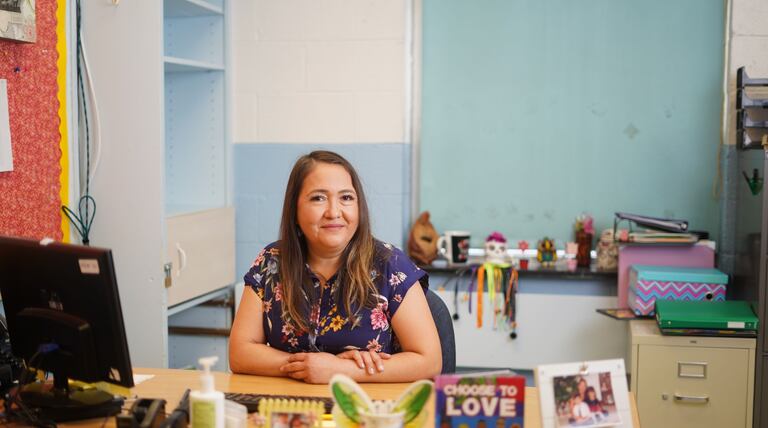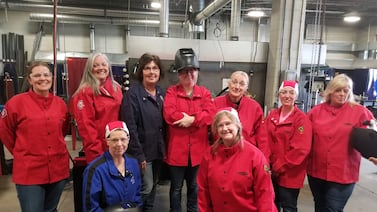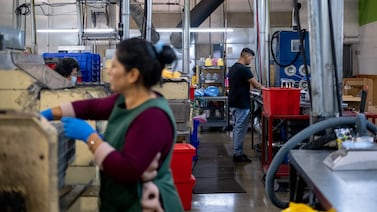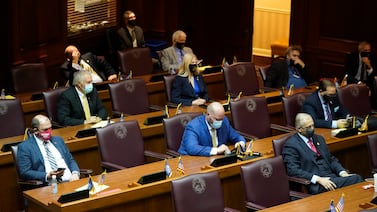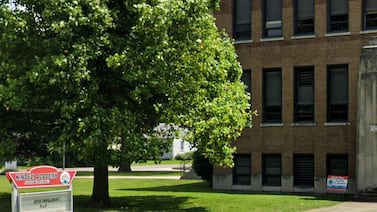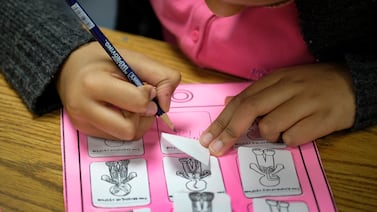Indiana spends $3 million a year helping Hoosiers without degrees quickly earn certificates in high-wage fields.
Conservative pushback against critical race theory threatens to upend the work of Indianapolis schools to close academic gaps for students of color.
Manual is no longer just a high school. Day Early Learning has converted administrative offices and an auditorium into child care rooms to serve Indy’s south side.
Twin Lakes High School teacher Kim Rosenbaum started a “women in welding” class for female teachers, counselors, and administrators.
As IPS seeks relief from the $1 charter law, it could let Purdue Polytechnic North temporarily use Broad Ripple High School under an innovation school agreement.
For the first time, employment rates and median wages after high school will start to factor into how Indiana gauges school performance. But the data isn’t complete.
A wide-ranging bill to restrict what teachers could say about race and racism died in Indiana despite anticipation that the state would pass it.
Some Indiana lawmakers signaled their interest in adding back parts of the controversial bill to other pieces of legislation in the final weeks of the session.
What went wrong? Advocates question why Kindezi decided to shut down on short notice, and whether IPS should have done more to avoid the school closure.
Instead of finding a new charter operator or running the school itself, IPS will recommend closing Joyce Kilmer School 69 on the eastside.

